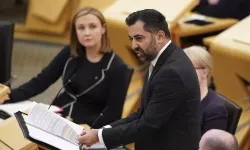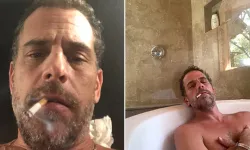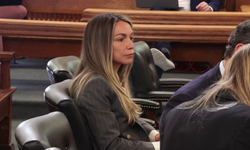Allen Gag: Mr. Teelf, first of all, thank you for your time. Combating fake news is one of the most important issues of our time. What can governments and individuals do in this regard?
Martin Teelf: Fake news is a serious threat to democracy and society. It can misinform people, influence their decision-making, disrupt social peace and even lead to violence. It is therefore the responsibility of both governments and individuals to combat fake news.
The sources of fake news are often individuals or groups with political, economic or ideological interests. These individuals or groups can spread fake news quickly and easily through social media, messaging apps or fake news websites. By appealing to people's emotions, prejudices or fears, fake news is accepted or shared without questioning its authenticity.
For governments, the most important way to combat fake news is to ensure transparency and accountability. This requires public institutions to publicize their activities publicly and make it easier for citizens to access this information. In addition, governments should enact and enforce the necessary legislation to prevent the spread of fake news.
From an individual's perspective, the most important way to combat fake news is to develop critical thinking skills and increase media literacy. For this, people should carefully examine the source and content of news, obtain information from different sources and form their own judgments. People should also be sensitive to fake news and avoid spreading it.
Allen Gag: Are there any specific actions that governments and individuals can take to prevent the spread of fake news?
Martin Teelf: Of course. Governments can do things like change algorithms or introduce new regulations to prevent the spread of fake news on social media. Governments can also legislate to penalize those who produce and disseminate fake news.
To combat fake news, individuals should be skeptical of the news and information they encounter, check its source, date, content and accuracy, conduct research before sharing information, and be aware of reliable news sources. Governments, on the other hand, should take legal and technological measures to prevent the production and dissemination of fake news, conduct training and awareness-raising activities to develop media literacy and critical thinking skills, provide accurate and transparent information against fake news, and impose sanctions against those who produce fake news.
For individuals, here are some actions they can take to prevent the spread of fake news:
Follow news from reliable sources.
Carefully scrutinize the source and content of news.
Obtain information from different sources.
Forming their own judgments.
Being sensitive to fake news and refraining from spreading it.
Allen Gag: Finally, what future do you see for the fight against fake news?
Martin Teelf: The fight against fake news will be a long and difficult process. But I believe that if governments and individuals work together, we can win this fight.
Allen Gag: Mr. Teelf, thank you for your valuable insights.
Jurnal Time - 2024










